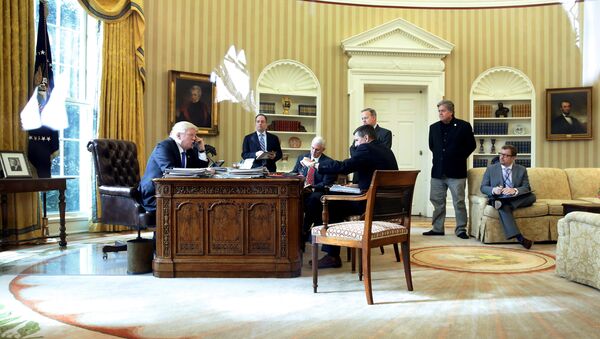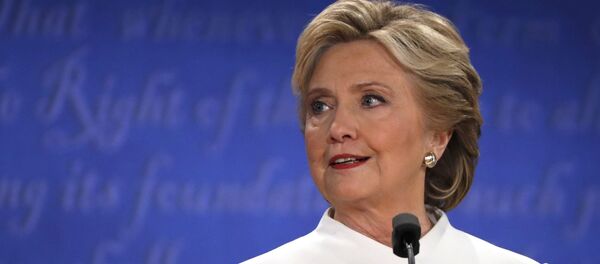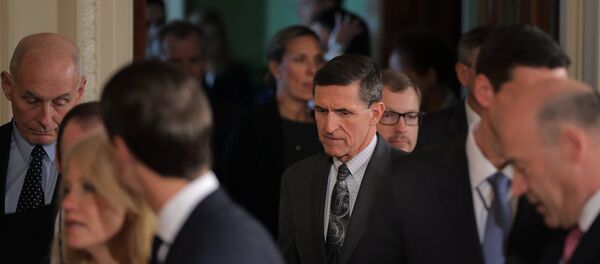Intel committees in the House and Senate, along with the FBI, have been offered an interview with Flynn by his lawyers, but none of the entities have accepted Flynn's bid, the Wall Street Journal reports.
Flynn had a brief stint as National Security Adviser to the White House from January 20 until he was compelled to resign on February 13. Flynn had lied to White House officials, including the vice president, about meetings and phone calls he had with the Russian ambassador to the US.
The former military officer has also served as the director of the Defense Intelligence Agency. He was fired by the Obama administration.
Since resigning, Flynn was discovered to have worked as a lobbyist paid by the Turkish government, leading attorneys to suggest that he should register as a foreign agent.
Flynn "has a story to tell, and he very much wants to tell it, should the circumstances permit," according to his lawyer.
The retired military and intelligence official definitively has spoken with the US House and Senate intelligence committees regarding their ongoing investigations, said Robert K. Kelner, who serves as Flynn's legal counsel. It is not clear whether the FBI has spoken with Flynn.
"Notwithstanding his life of national service, the media are awash with unfounded allegations, outrageous claims of treason, and vicious innuendo directed against him," Kelner added. He noted that public claims against Flynn have been "outrageous" and "vicious."
Concerning why Flynn has requested immunity from federal prosecutors, Kelner argues "no reasonable person," would "submit to questioning in such a highly politicized, witch hunt environment without assurances against unfair prosecution."
In seeking immunity, one wonders whether Flynn knows he is in legal trouble. If the government and Flynn agree on his immunity, there is likely a bigger fish for federal officials to fry.
But make no mistake: conversations between top officials from adversarial nations is why the diplomatic corps was created in the first place. The whole idea is that Russian and American officials can speak openly about their disagreements instead of resorting to the use of force.




